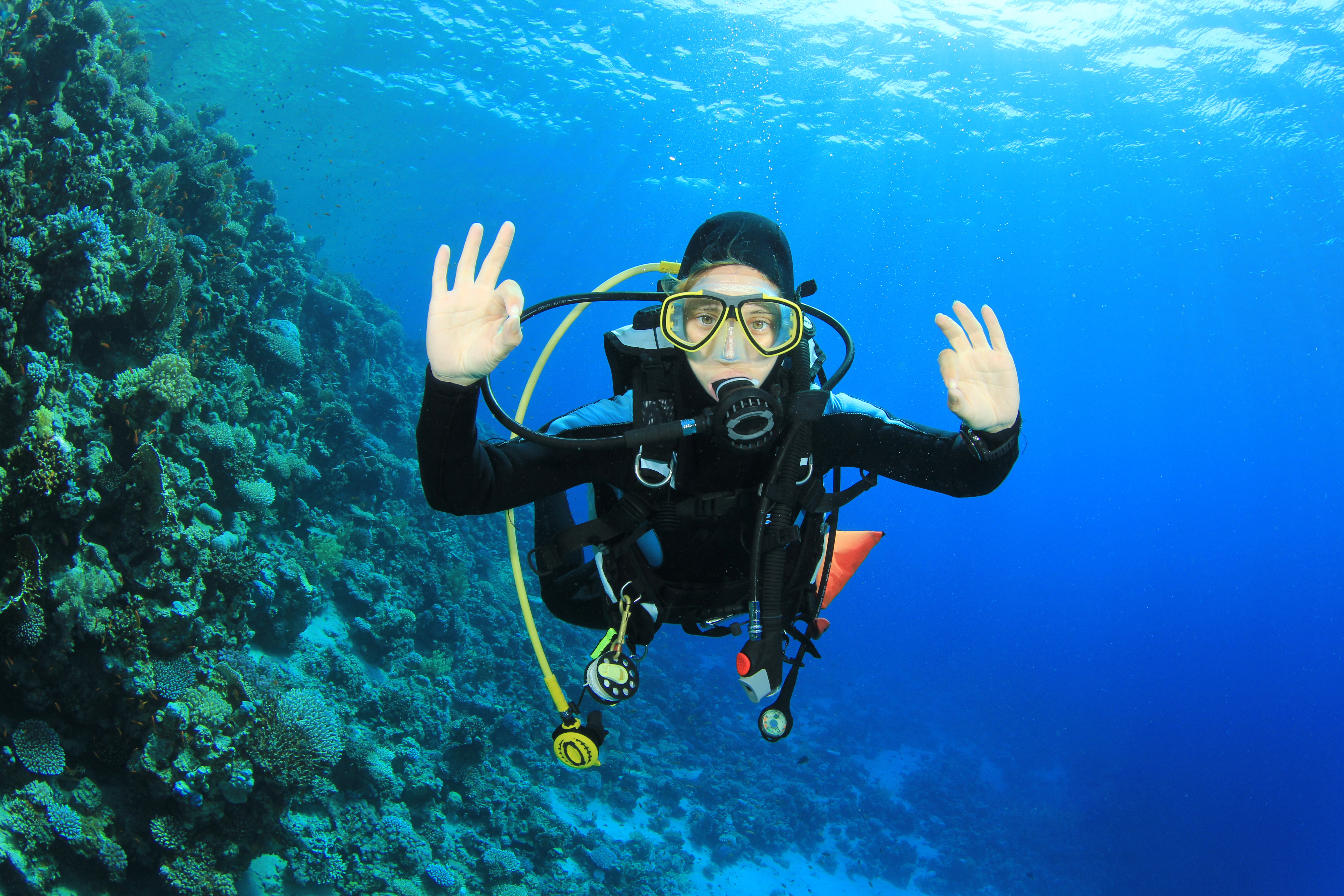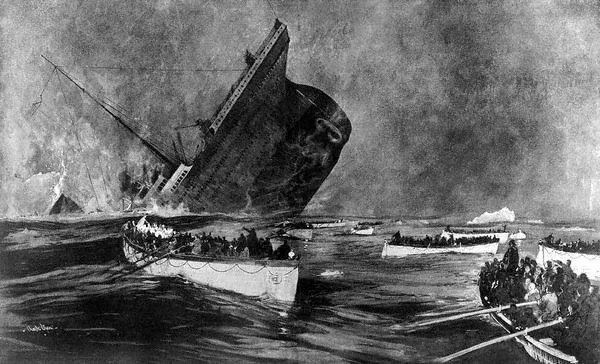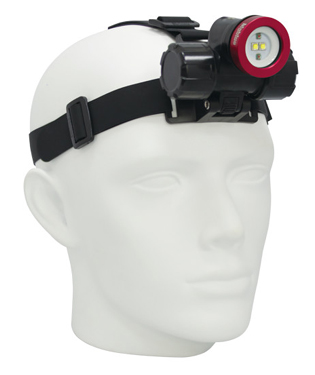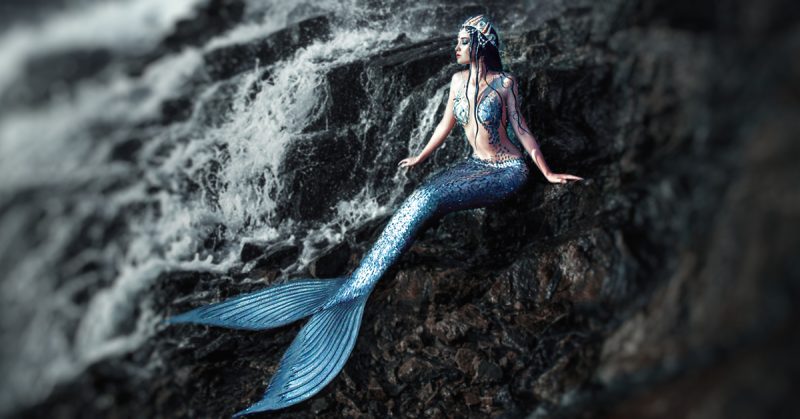The Discover Scuba Diving Course Can Be Counted Towards Open Water Certification.
Will you feel claustrophobic underwater? Will scuba diving hurt your ears? Will you even like diving? If you’re interested in learning to scuba dive, but you’re not ready to invest the money or time in a full certification course, or if you simply want to enjoy an easy shallow dive on vacation, check out the PADI’s Discover Scuba Diving Course, SSI’s Try Scuba Diving, or SDI’s Scuba Discovery Program.
Any of these one-day courses will familiarize you with basic dive theory and skills, so choose a nearby or convenient shop, and don’t worry too much about the training agency.
One-day courses are not to be confused with certification programs (or Open Water courses). Good certification programs typically last four days or more. However, most agencies will count the one-day introductory course towards certification.
Can I Scuba Dive? What About My Kids?
If you are a healthy adult, all you need to qualify for scuba diving is a genuine interest in the activity and a reasonable comfort level in the water (there are no swim tests for one-day courses).
Children over the age of ten may try diving with the adults, and kids under ten may enroll in scuba courses for kids.
To be certain that you qualify for scuba diving, the following links may prove helpful:
- The Scuba Diving Medical Questionairre. An affirmative answer to any of the questions may indicate a condition contraindicated for scuba diving.
- Age Requirements for Scuba Diving. Children over the age of ten may enroll in scuba diving courses, with some restrictions, and younger children may enroll in kid-oriented courses.
- Do I Have to Be Able to Swim? The one-day scuba diving courses do not require a swimming test. However, divers without basic waterman ship skills are unlikely to be comfortable.
What Will I Do in a One-Day Scuba Course?
While the precise content of the course may vary with agency, all scuba courses will cover basic dive theory and confined water skills. If your course includes dives outside of the swimming pool, or in water too deep to stand, you will certainly review some basic dive skills as well.
These links can be used to give you a preview of the information and skills you are likely to cover in your one-day course.
- How to Equalize Your Ears for Scuba Diving. Most diver’s have no trouble equalizing their ears to prevent pain and injury. You can practice equalizing your ears this very moment.
- How Depth and Pressure Affect a Diver. Water has weight, and as you under the water, it exerts pressure on your body. Almost all dive theory expands upon this very basic concept.
- How to Breath Underwater. New divers should breath calmly, deeply and continuously. Never hold your breath underwater and ascend.
- How to Clear Your Scuba Mask of Water During a Dive. To remove water from a scuba mask during a dive, exhale air into the mask to force water out. This guide shows you how.
- How to Clear Water from Your Regulator (Breathing Device). There are two basic ways to clear water from your regulator: (1) exhale into it or (2) use the purge button to flood the regulator with air.
You Can Prepare Yourself for Your Scuba Course Ahead of Time
Most training agencies offer e-learning or online course options. If you know with what training agency your will take your one-day course, it’s possible to learn a little more about diving by enrolling in an online theory course ahead of time.
One-Day Courses Are Easy and Approachable!
Most people can dive, and if you just want to check out the sport, or see a specific underwater attraction, hop in one-day course to see what you think! If you are getting excited or curious, keep reading to learn What to Expect on Your First Scuba Dive.







Leave A Comment